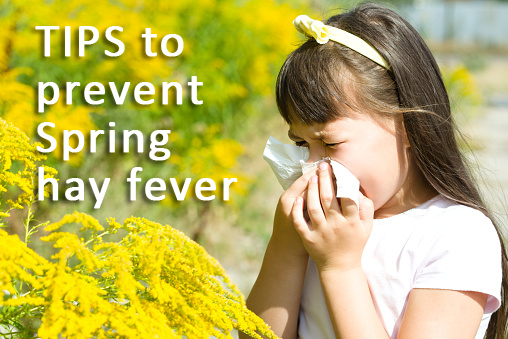
Beat the pollen and prevent hay fever symptoms this spring.
To my boyfriend: Forget the flowers. Just bring me the chocolate.
Why? Sneezing. Is. A. Pain.
I’ve had days when I can’t even see for the tears in my eyes from sneezing every ten seconds.
As any of the 1 in 5 Australians with hayfever can tell you, not only is sneezing repeatedly embarrassing, it’s also exhausting and painful.
You learn pretty quickly not to have fragrant flowers in your house or around the porch, or at least not if you want to breathe with any freedom. Itchy and teary eyes, runny nose and inflamed airways triggering asthma symptoms are all some of the joys that come with hayfever.
In spring the sun comes back out and we have beautiful sunny days again, tempting us to spend our time outdoors. At the same time plants and trees come into flower, producing pretty gardens…and evil TRAPS for those with these allergies. Increased pollen in the air, in combination with temperature changes and occasional thunderstorms, all make spring a hazardous time.
It doesn’t have to be a trial though. As well as treating the symptoms of hay fever and asthma with medication, there are some simple management steps you can take to prevent stirring up a hay fever reaction.
See more at: www.allergy.org.au and www.nationalasthma.org.au
And my suggestion? Always have a good store of tissues up your sleeve!
Good luck!
-Em from the Look Local WA team
Hi there,
Would you like to receive home decor
ideas and DIY tips to your inbox?
Subscribe to our mailing list!

